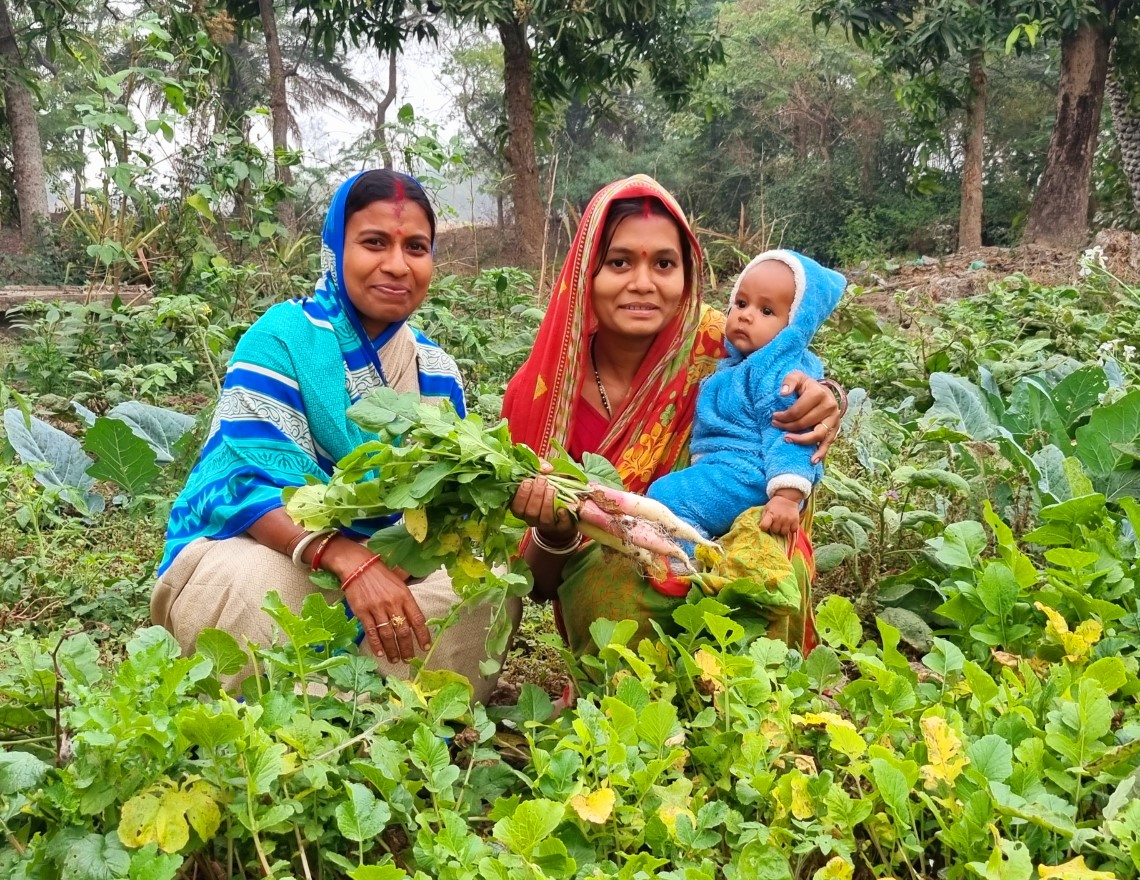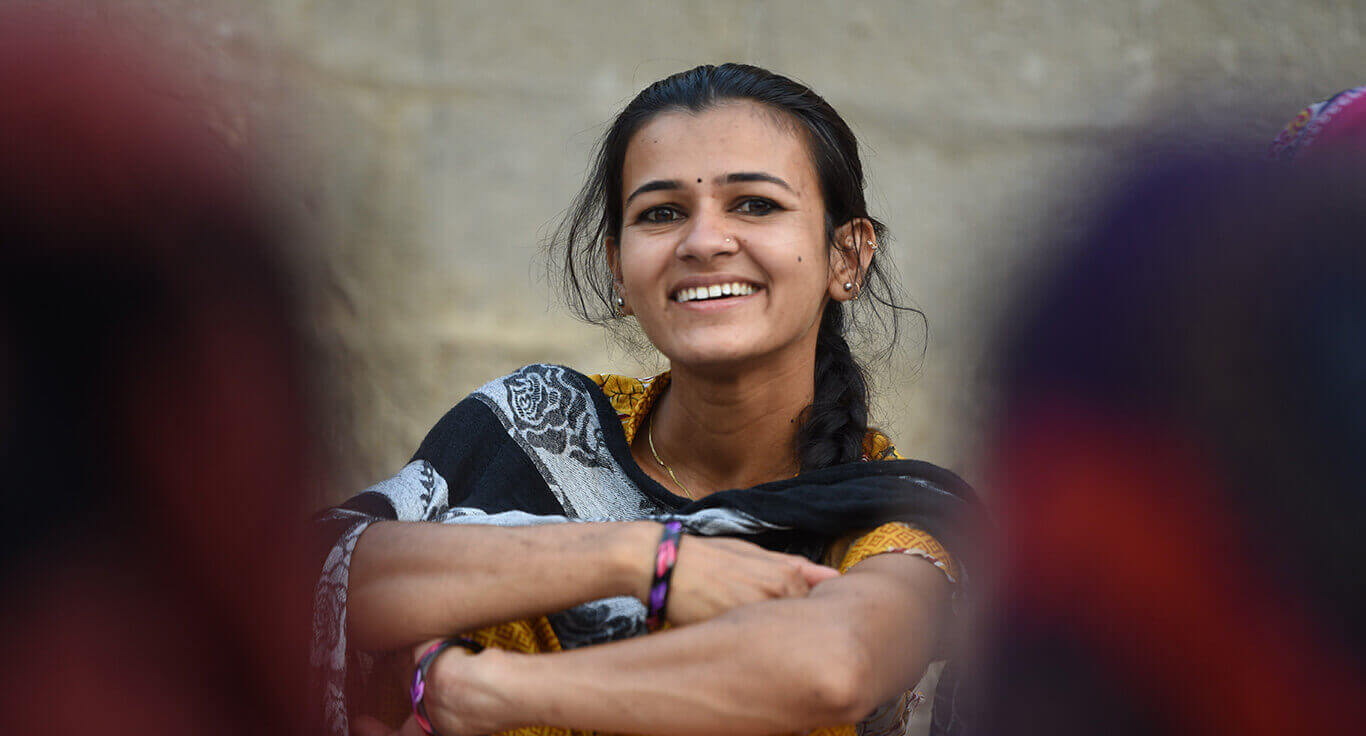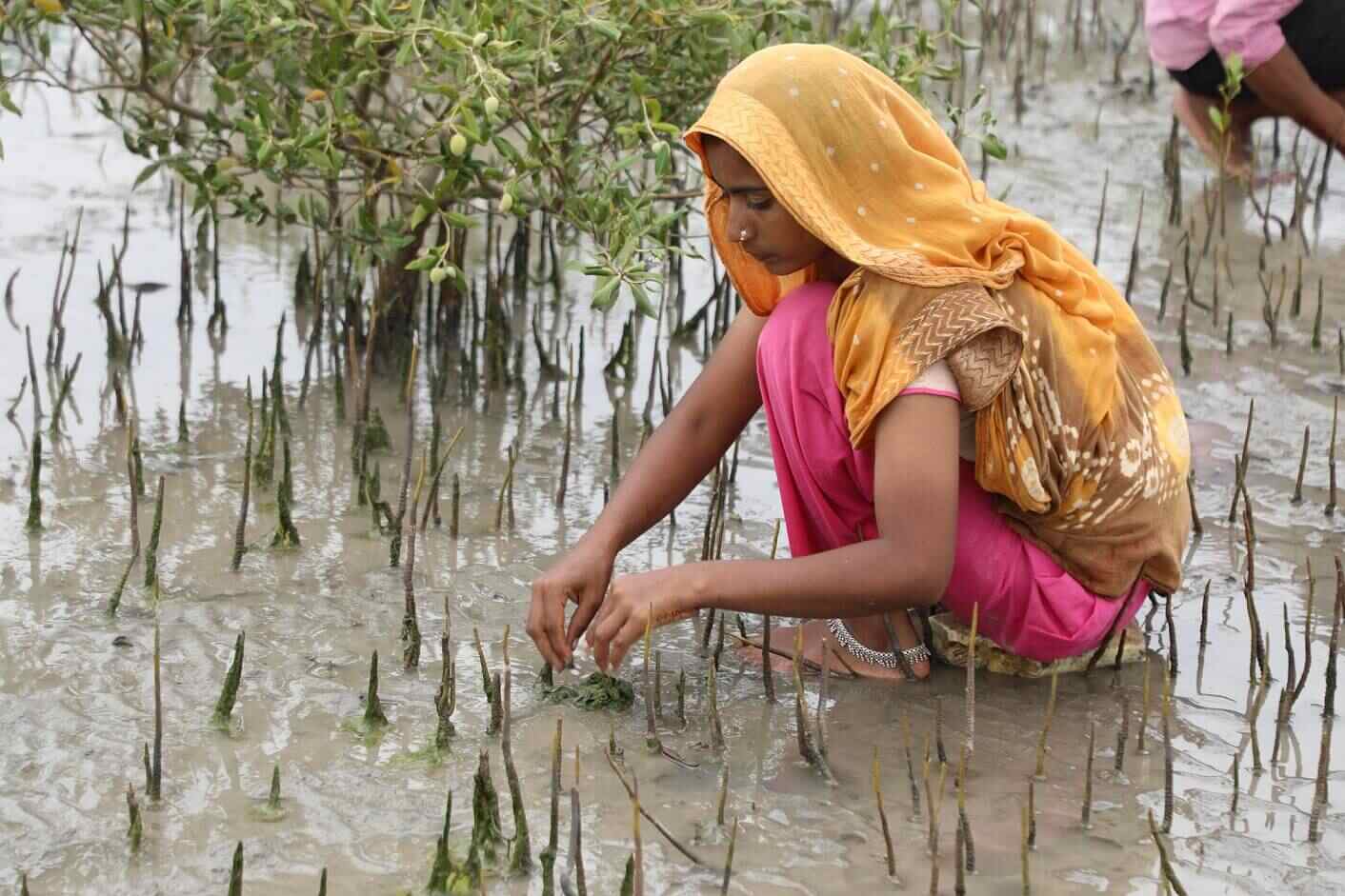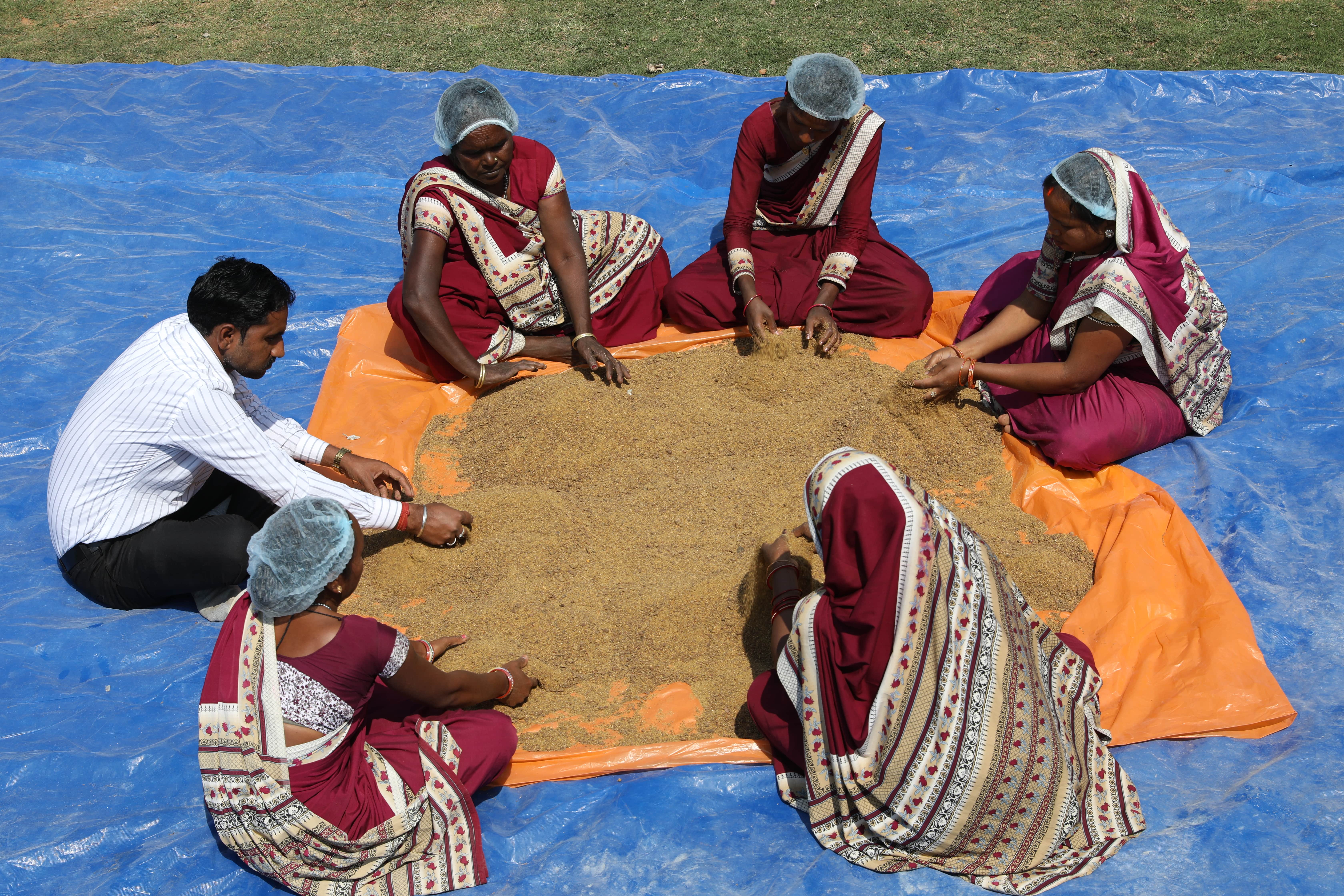
Every year, International Women’s Day reminds us to be more mindful and welcoming of women’s contribution from all communities and countries. As per reports of The World Bank, women’s oversight over resources has shown improvement in the family health, nutritional status, agriculture development and family planning.
Also, in the words of Malala Yousafzai, we cannot all succeed when half of us are held back. It is true that women can re-imagine meanings attached to culture, nature, food more than the men but the very process of raising families gives her that higher connect. Bring in change, it is the women who must be awakened. It is believed that once she is on the move, the family moves, the village moves and the nation progresses.
The Adani Foundation salutes this very essence, manifested in its impact created by empowered SuPoshan Sanginis, the community volunteers of Project Fortune SuPoshan. In the journey of six years, its observed that among the various options for creating sustainable equity, the best one is to build a participatory model in which women themselves collectively realise the value of decision-making, gaining knowledge and thus the reaping the benefits of better health, education and increased earning ability. Project SuPoshan delves deeper into these issues of women with special needs under different circumstances and facilitates access to opportunities to meet these. Equity is a continuous process and a social responsibility to help the marginalized women and girls to be an equal part of the ecosystem.
Let’s delve deeper to understand this further by looking at the contribution of 500 Sanginis across 20 sites in 13 states of India. Our SuPoshan Sanginis have been consistently moving ahead in their mission towards combating malnutrition through door-to-door visits, counselling sessions, doable practical tips for mothers and young girls. The purpose is to transform the lives of the marginalized women who are left behind.
Attaining gender equity at the household level is of prime importance as the socially constructed gender role of women interacts with their biological role which in turn affects the nutrition status of the entire family. Because of women’s cyclical loss of iron and childbearing process, they are vulnerable to diet deficiencies, care, and health services. Moreover, the nutrition status of new-born is intricately linked with the nutrition status of the mother before, during, and after pregnancy. Because of their triple burden of being reproductive, forced field work and social roles, women tend to have less time to address their own needs, but our Sanginis ensure that no woman is neglected from self-care. So, the journey of transformation is enforced at the household level.
Food is the only sustainable source of energy which helps break the vicious cycle of intergenerational malnutrition. Its distribution, availability and consumption depend considerably on geographical, environmental, and socio-economic factors. SuPoshan takes pride in contributing towards food sustainability by developing and promoting the concept of Poshan Vatikas at the backyards of houses – helping families develop their very own source of diet diversity and food security. This is a breakthrough towards fighting malnutrition in terms of food. It brings in food democracy by connecting women to food, thus ensuring fairness among family – especially women and girls. Simultaneously, Sanginis do practical demonstration of nutrient rich recipes, bringing about behaviour change towards food consumption.
Since women are made the custodians of the Vatika – the most visible change is that they are no longer eating just left over food. They now have the decision-making ability to pick, choose and cook from their own vatika which fulfils the daily need of seasonal vegetables. It has proven to be a game changer in terms of availability, accessibility, and affordability. Women are trained for replanting of saplings and storing seeds for the next season, ensuring long time diet diversity. This has led to more rural-to-rural women interaction with the potential to improve nutritional outcomes. Be it tribal, rural or slums – the message is delivered universally as all women need to rise together for making country’s children healthy.
To usher in more equity, the community women are empowered with seasonal food calendar to make the access easier. Alongside the continued focus on millets and local vegetables, Poshan Vatika initiative has helped our CSR sites to be environmentally stable. Lastly, the economic benefits include savings of an average of INR 100 per family per day spent on commuting and buying of vegetables.
Women’s contribution to food preparation and childcare are critical for the social and economic development of families and communities. Their good health is the key to secure the good health of generations to come. Substantial evidence demonstrates that with food sustainability in place, and women being a participatory member in family’s decisions, there are marked changes in the health parameters of young children and future mothers. In summary, any reduction in gender asymmetries helps the entire family.
Incorporating gender-sensitive nutrition components into policies and programs that aim to improve women’s status enhances both the expected short-term and long-term results. India requires coordinated, participatory processes to achieve social, economic, and environmental sustainability with women being at the core and Project SuPoshan is proudly playing its part.







